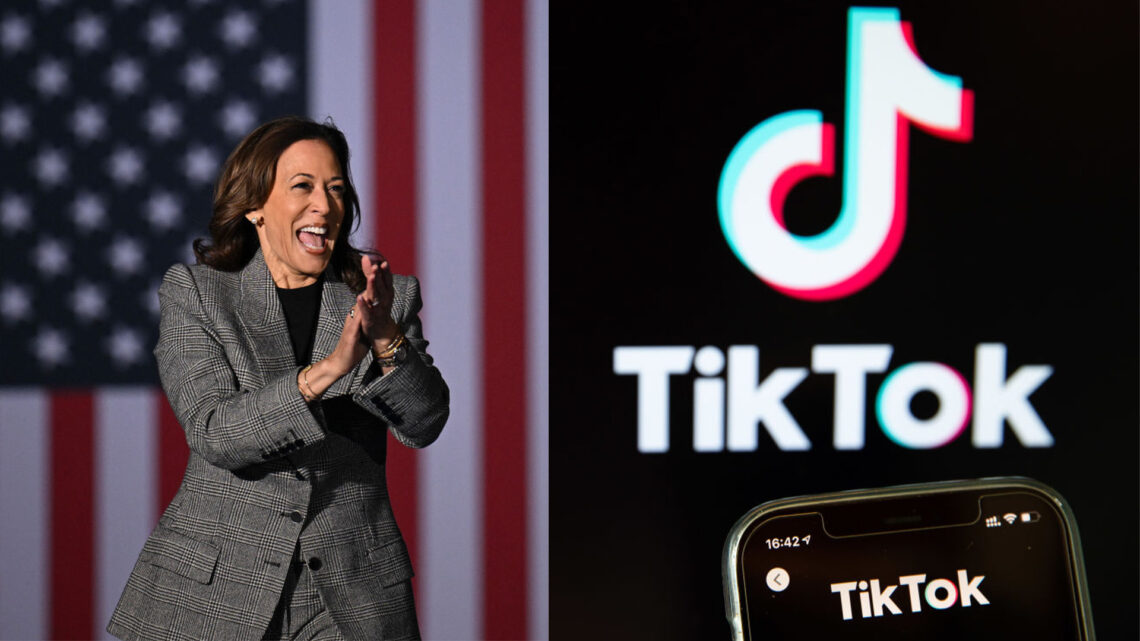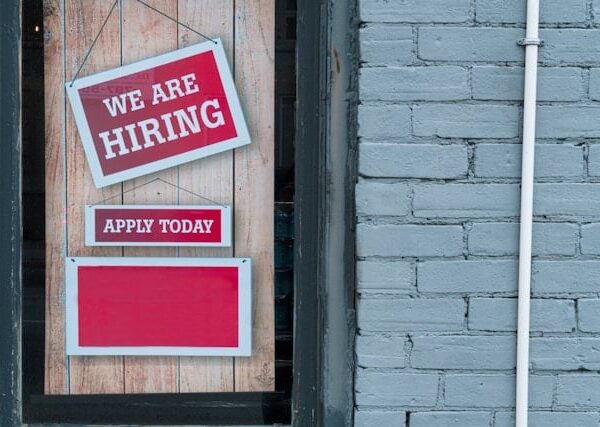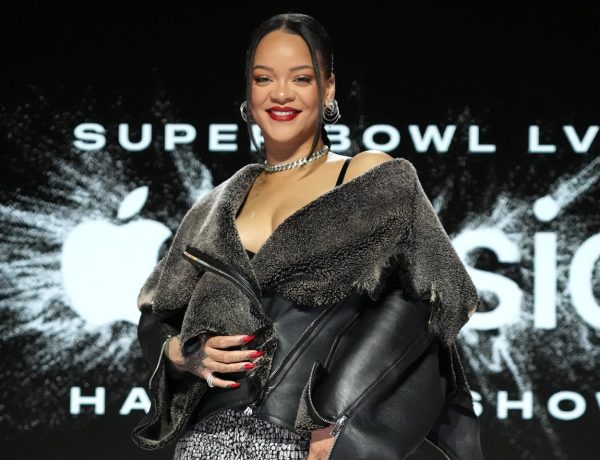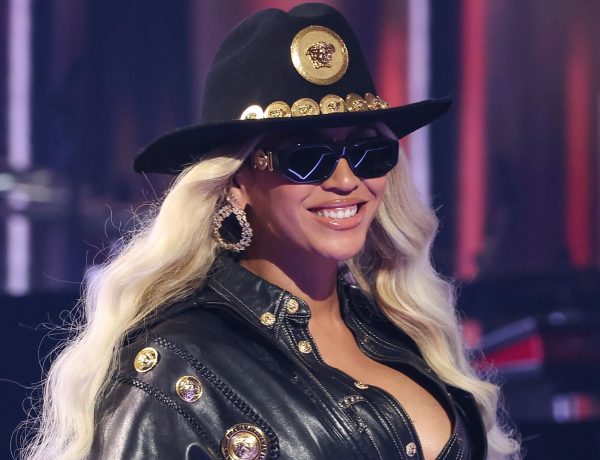Editorial Note: Opinions and thoughts are the author’s own and not those of AFROTECH™.
“In the Club, we are all family” — does that ring a bell?
TikTok has taken the world by storm since its transition from Musical.ly to TikTok following its acquisition by China-based Bytedance in 2017. Whether for dances, skits, or news, TikTok has become the destination for people worldwide to discover content that resonates with them. Although it serves as a platform for entertainment, learning, and creativity, TikTok has also been regarded as a national security risk by governments around the world, including those in India, Europe, and the United States.
In India, TikTok and other Chinese-owned companies were banned in 2020. I was working as a team lead on TikTok’s global product operations team during its rise and subsequent ban in India. The ban restricted new downloads of the app, but employees in our India office were free to work on other projects with colleagues who needed extra support and were not let go.
In Europe, the primary concerns of government officials regarding TikTok have centered around youth safety and data privacy. European regulators are particularly sensitive to tech companies, as shown by the introduction of GDPR in 2016, which imposed strict regulations on how companies handle data. This has resulted in increased scrutiny of TikTok in Europe over the past six years compared to before GDPR was enacted.
The United States has had a “frenemy” relationship with China regarding technology and trade, with TikTok being a prominent example of this tension. TikTok rose to global prominence during the Trump-Pence administration and has continued to grow under the Biden-Harris administration. In fact, social media has played a central role in U.S. presidential elections and policies since Barack Obama leveraged Facebook during his 2008 and 2012 campaigns. Both Vice President Kamala Harris and former President Donald Trump have shared their views on TikTok and social media more broadly. We’ll explore their relationship with social media, their current stances on TikTok, and what these implications could mean for creators and viewers on the platform.
Former President Trump’s relationship with social media began on Facebook, but his preferred platform soon became X, formerly known as Twitter. Amassing 92 million followers, he frequently used the platform to share his thoughts on politics and his personal beliefs. Trump leveraged X to communicate with his base in unprecedented ways. After he was banned from Twitter, he launched his own social media app, Truth Social, in 2022 to continue connecting with his supporters.
Trump holds an isolationist stance on global trade, often expressing support for raising tariffs on China — a position that aligned with his concerns about foreign-owned apps like TikTok gaining influence in the U.S. When Trump called for a TikTok ban in 2020, he couldn’t enact it alone and needed to work with the Committee on Foreign Investment In The United States (CFIUS), the body that regulates which entities can operate within the country and determines their effect on U.S. national security. Despite Trump’s efforts, TikTok still operates in the United States today. Over time, his stance has shifted from supporting an outright ban to proposing a sale to a U.S. acquirer, and he has rarely mentioned TikTok in his 2024 campaign.
Current Vice President and Democratic nominee Kamala Harris has maintained a more low-key relationship with social media, both during her previous presidential run in the 2020 election cycle and her time as vice president. Throughout this period, Harris primarily used social media to reinforce the positions put forth by Biden. However, this changed when pop star Charlie XCX tweeted, ‘Kamala IS brat,’ sparking a storm of social media chatter and memes that propelled Harris’ campaign to leverage social media more effectively.
While Trump has an adversarial relationship with TikTok, Harris has embraced the platform to connect with the younger generation. The campaign’s handle, Kamala HQ, uses TikTok to share clips of Harris’ position on core issues, as well as her interviews with media organizations and influencers. Given her embrace of the platform, it comes as no surprise that Harris does not intend to pursue a TikTok ban.
Although Trump and Harris have different relationships with social media and distinct views on TikTok, neither seems likely to move quickly to ban the app in the United States. Both have supported the idea of a potential sale to a U.S.-owned company or the introduction of specific data security requirements for TikTok to continue operating in the U.S. For content creators, influencers, and TikTok viewers, regardless of who wins on Nov. 5, it’s unlikely that either candidate would push for a ban on TikTok.
Your app is safe… for now.
—
Joshua Ogundu is the CEO and founder of Tradeway, a company backed by Bloomberg Beta and Techstars that connects the construction industry to the tools they need to increase safety and productivity.
Ogundu worked as a global product operations team lead at TikTok from February 2020 to October 2021.





